In two separate filings on Wednesday, Microsoft and Intel voiced their support of Apple in an appeal before the U.S. Federal Court of Appeals regarding the dismissal of a patent suit involving Google's Motorola.
While the amicus briefs are currently sealed, both companies throw support behind Apple, which is arguing that the FRAND-related section of Judge Richard A. Posner's June 2012 ruling stands despite having the case dismissed with prejudice.
Google entered its initial filing with the CAFC last week, saying that Apple is an "unwilling licensee" and that Judge Posner's decision to "categorically" bar injunctive relief over standard essential patents was incorrect. The company went further, arguing that the ruling devalues SEPs as a whole by basing the FRAND value on the intrinsic value of the claimed inventions rather than post-standardization hold-up value, notes FOSS Patent's Florian Mueller.
As for Microsoft's amicus filing, the company's motion for leave to file claims particular issues Google is asserting to the court are "not properly before it":
Certain of the issues that Motorola asks this Court to address— including the proper method for valuing standard-essential patents and the availability of injunctive relief for infringement of such patents— although presented in other cases involving Motorola patents, including cases involving Microsoft, are not in fact presented in this appeal. Beyond that, the positions Motorola asks this Court to adopt are contrary to law and inimical to sound public policy. Microsoft, therefore, has a direct interest in ensuring that this Court not accept Motorola's invitation both to address matters not properly before it and to do so in a misguided, and potentially harmful, manner.
Finally, Research in Motion, now known as BlackBerry, filed an amicus brief in support of neither party. Instead, the company looked for consensus regarding the court's position on SEPs, posing the question, "Can injunctive relief ever be available to holders of standard-essential patents as a remedy for infringement?"
 Mikey Campbell
Mikey Campbell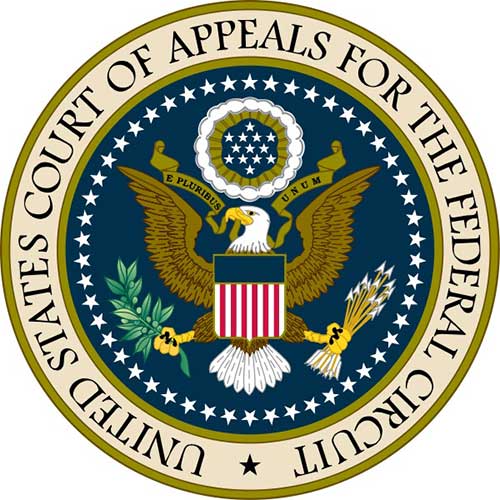

-m.jpg)





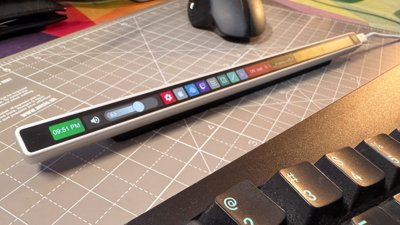
 Malcolm Owen
Malcolm Owen
 Charles Martin
Charles Martin
 Andrew O'Hara
Andrew O'Hara
 Amber Neely
Amber Neely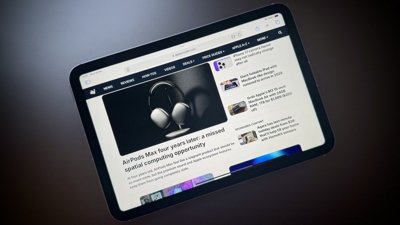
 Oliver Haslam
Oliver Haslam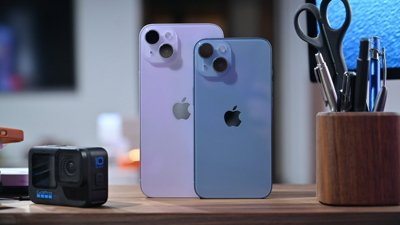

 Christine McKee
Christine McKee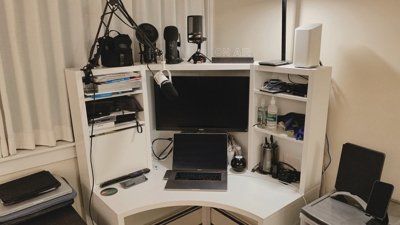






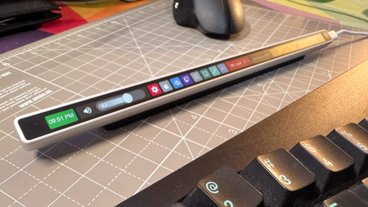
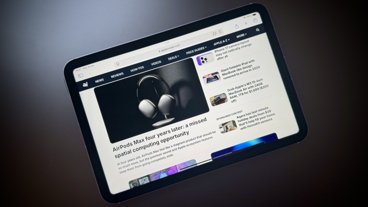


18 Comments
[I]The enemy of my enemy is my friend,[/I] indeed.
Has anyone EVER written an amicus brief supporting Google/Motorola or Samsung?
Only ones I can think is when cell providers didn't want Apple to get injunctions on Samsung or HTC phones as it would harm their business (limiting their potential sales by having fewer devices to sell).
But those were purely for $$$ and had nothing to do with policy. Everyone speaking on behalf of Apple are doing so because they are against Googles abuse of patents.
I had to Bing the net to find out that CAFC stands for 'Court of Appeals for the Federal Circuit.'
[quote name="SolipsismX" url="/t/156573/apple-gets-support-from-microsoft-and-intel-in-cafc-appeal-of-motorola-patent-case#post_2297563"][I]The enemy of my enemy is my friend,[/I] indeed.[/quote] Normally the courts are the enemy of MSFT. How can MSFT file a "friend of the court brief"? Interesting twist on the ancient proverb. Good thing this isn't an EU court, eh?
Well, anyone that Microsoft sides with is automatically evil, everyone on this board knows that :p